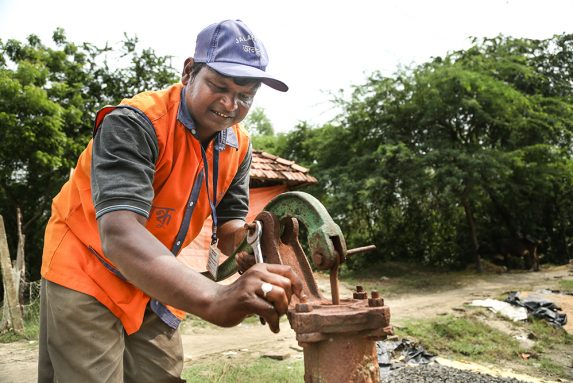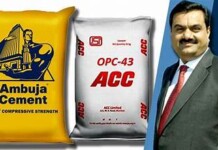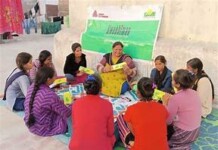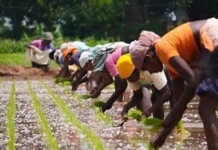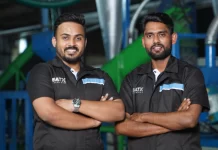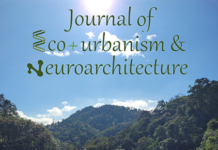Water For People exemplifies how community-driven solutions can effectively address global water and sanitation challenges. By empowering communities and focusing on sustainable solutions, WFP is not just providing water today but ensuring it remains a life-sustaining resource for future generations.
Water for People’s (WFP) mission is to provide universal access to safe drinking water, pioneering a unique community outreach model that’s reshaping the delivery and sustainability of water, sanitation, and hygiene (WASH) services globally.
Founded on the belief that clean water is a fundamental human right, WFP’s approach is deeply rooted in community empowerment. Education, participation, and local empowerment form the cornerstone of their strategy. This model not only secures immediate water access but also ensures its long-term sustainability through community involvement.
A key feature of WFP’s strategy is the Jalbandhu initiative. Launched in 2009 in West Bengal, India, this program trains local youth and entrepreneurs to resolve water access issues. These Jalbandhus, skilled in operating and repairing water pumps and plumbing, play a crucial role in their communities, addressing water-related challenges while earning a sustainable livelihood.
WFP also focuses on empowering school students and women, promoting advocacy for better WASH facilities in schools and training in hygiene practices. These efforts have led to significant improvements in school sanitation and hygiene practices in households.
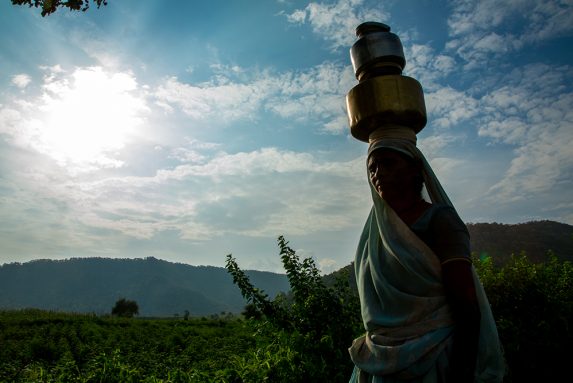
Massive Impact
The impact of WFP’s work is substantial. Since its inception, the organization has reached 2.6 million people, providing 14 crore litres of water since 2013. Their initiatives have resulted in the formation of numerous child cabinets, Jalbandhus, Nirmal Bandhus, water user committees, and WASH infrastructures, significantly impacting the lives of hundreds of thousands of people.
Despite these successes, WFP faces challenges such as unequal water resource distribution and a scarcity of skilled human resources in rural areas. The organization addresses these issues by training local entrepreneurs and community leaders and promoting a community-led approach to sanitation and water management.
Looking forward, WFP is committed to achieving Sustainable Development Goal 6 (SDG 6) – clean water and sanitation for all. The organization understands the transformative impact of water accessibility, particularly on women and girls, and is dedicated to creating a future where high-quality drinking water and sanitation services are accessible to all, managed and sustained by the communities themselves.


